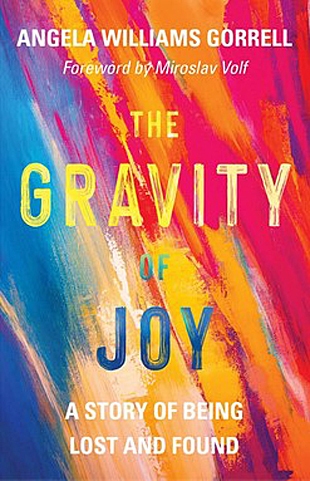It turns out that we are often afraid to be joyful or to express joy when it comes. “We need other people to invite us to rejoice as much as we need other people to invite us to befriend anger and fear and openly lament,” writes Angela Williams Gorrell in this helpful book.
Gorrell is a professor at Baylor and a pastor in the Mennonite Church USA, but her book grew out of a research project at Yale University. She was hired to study joy and teach a class on it, at precisely the time in her life when three family members died suddenly and accidentally: her cousin’s spouse by suicide; her nephew, at only 22, from cardiac arrest; and then her father from a drawn-out and tragic opioid addiction.
“About ten o’clock the night before my first day of teaching Life Worth Living, I was preparing to go to bed when I noticed I had a message.
“The message read: ‘Angela. David was taken to the hospital. He is very weak. The doctor said he may not make it through the night.’
“I felt numb.”
At first, Professor Gorrell pretended to her class as if all was well. But soon, she questioned the whole project. As an academic pursuit, joy seemed meaningless. In life, it seemed impossible. “Study joy? Unthinkable. Laughable even. So disturbing a prospect that I almost vowed to be anything but joyful.”
The author writes memoir with deep grief and pathos and then turns to an unflinching and honest spiritual and theological reflection to seek the meaning that was lost for her. She includes stories from others’ lives as well, and you shouldn’t read this book unless you too are willing to be vulnerable.
She speaks of crying at work, crying at home, trying to cry with friends. She begins to understand biblical characters like Job and the Prophet Elijah — “as if I too had traveled through my own kind of wilderness and entered a cave.” She can suddenly relate to Holy Saturday (the dark, quiet day in the Passion of Christ between his crucifixion and his resurrection).
She also advises that when joy comes, and it will, we sometimes need to give ourselves permission to feel and express it. We need to give others this permission, as well. What is true for grief is true for joy.
“It is incredibly difficult to lovingly bear witness to grief rather than walking away or trying to fix it. It is much harder to share space with grief, to breathe its pungent air,” Gorrell writes.
Experiencing joy, it turns out, is similar to experiencing grief: We need friends to do it with us. We need a lot of other things, too, such as open spaces — “moments of recognizable self-transcendence. We need to see things that are beyond us, things that are bigger than our perspective. A mountain. An ocean. Water that rushes past the horizon.”
